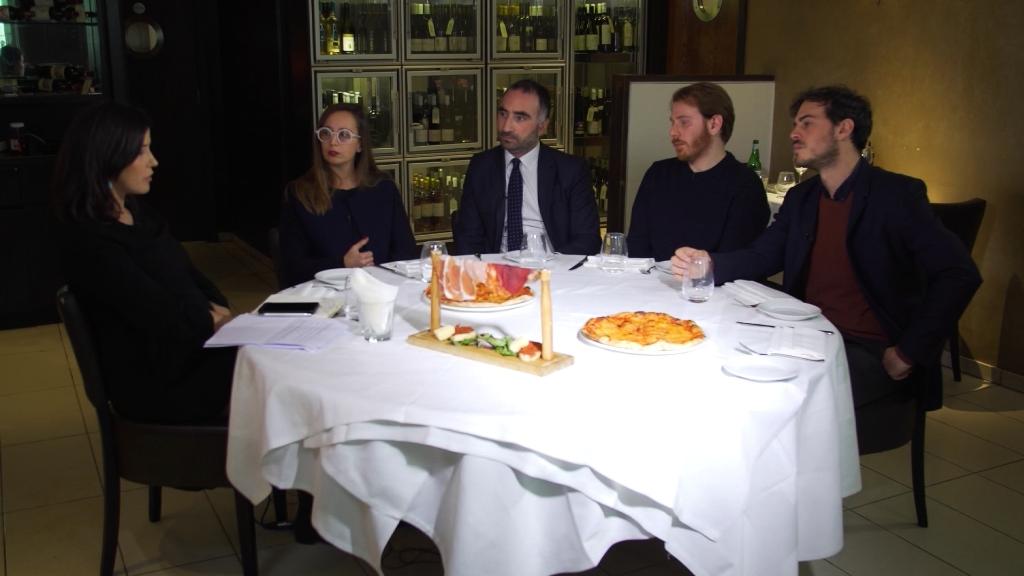
The euro is safe for now, but a potential crisis still lurks in Europe: Italian debt.
A new government was sworn in Friday in Rome after months of political turmoil that unnerved investors and sparked worries that the eurozone's third largest economy could ditch the currency.
Two major populist parties, the Five Star Movement and the far-right League, have emerged from the tumult to form an administration.
And investors are now fully awake to the political risks.
Italian stocks plummeted and bond yields soared this week when the country appeared to be headed for new elections that could have turned into a vote on Italy's use of the euro.
The parties have dropped some of their most explosive campaign pledges, such as calling for a referendum on whether Italy should abandon the euro, or leave the European Union.
Related: Trump is starting a global trade war
Still, analysts say they're planning tax cuts and a spending binge that could contain the seeds of a new European crisis.
Italy is a founding member of the European Union and the eurozone. But years of economic stagnation and lack of reform have seen its government debt soar to 132% of GDP, the second worst ratio in the region after Greece.
The country has agreed to abide by EU budget rules designed to keep the currency stable -- but the populists want those rules reviewed. Meanwhile, their platform doesn't explain how their spending plans will be paid for.
The populists envision a minimum basic income of €780 ($917) a month for the poorest Italians, funded by the state. The Five Star Movement said during the campaign that the basic income would cost €15 billion ($18.5 billion) a year.
Tax cuts would likely take a further bite out of Italy's government finances. Details are thin, but the two parties want to introduce new income tax rates of between 15% to 20%.
Related: Italy is already paying a high price for its political crisis
The parties are also calling for the retirement age to come down.
The measures, if they are implemented, would put government finances under more stress and set Italy on a collision course with EU budget enforcers.
Ratings agency Moody's warned last week it could cut Italy's credit rating -- already just two notches above "junk" status -- because the populists' plans risked weakening its fiscal position and stalling efforts to reform the economy.
A downgrade would make it more costly for Italy to service its debts and raise the cost of new borrowing.
Mujtaba Rahman, an analyst at the Eurasia Group, said the crunch could come this autumn when Rome submits its draft budget to Brussels. If deficit rules are broken, Italy could be sent back to the drawing board. Fines and funding cuts could follow.
Even if a clash can be avoided later this year, Italy's debt mountain of more than 2 trillion euros ($2.3 trillion) means it has little room for maneuver.
"A half-reformed Italy that takes some steps in the wrong direction will be vulnerable when the next recession ... exposes Italy's underlying weaknesses. A genuine debt crisis is quite possible in 2022," wrote Holger Schmieding, chief economist at Berenberg bank.
The Italian economy is big enough to throw the entire eurozone into disarray if that happens. It accounts for about 15% of eurozone GDP and 23% of the region's government debt. Greece has just over 3% of eurozone public debt.
Markets could play a role in keeping the populists on the straight and narrow. Italian stocks are down 9% from their recent high in early May, and wary investors are demanding much higher returns for holding government debt than just two months ago.
-- Mark Thompson contributed reporting.


